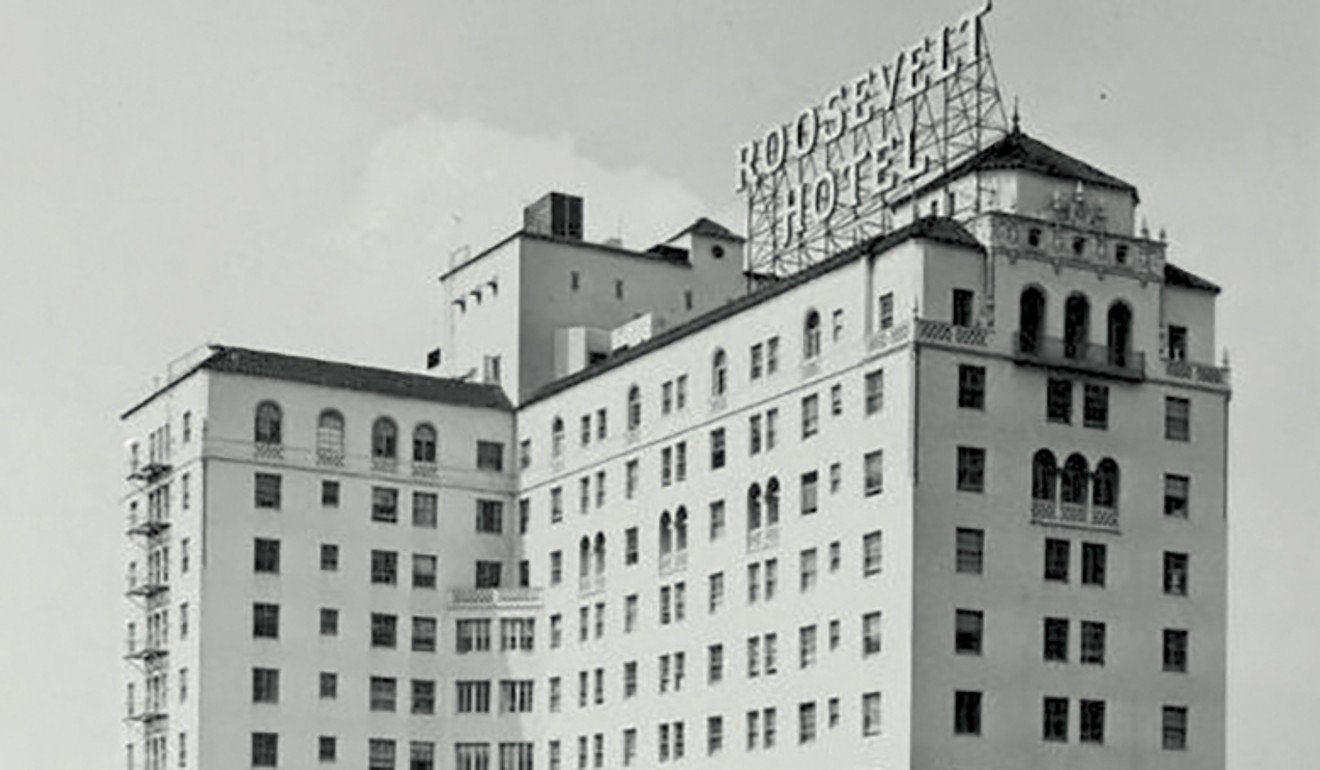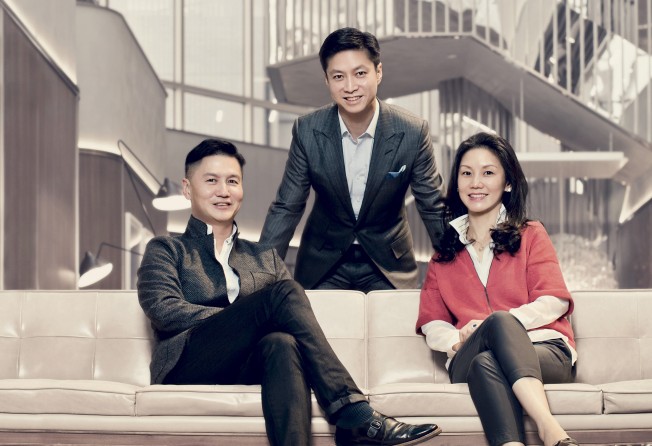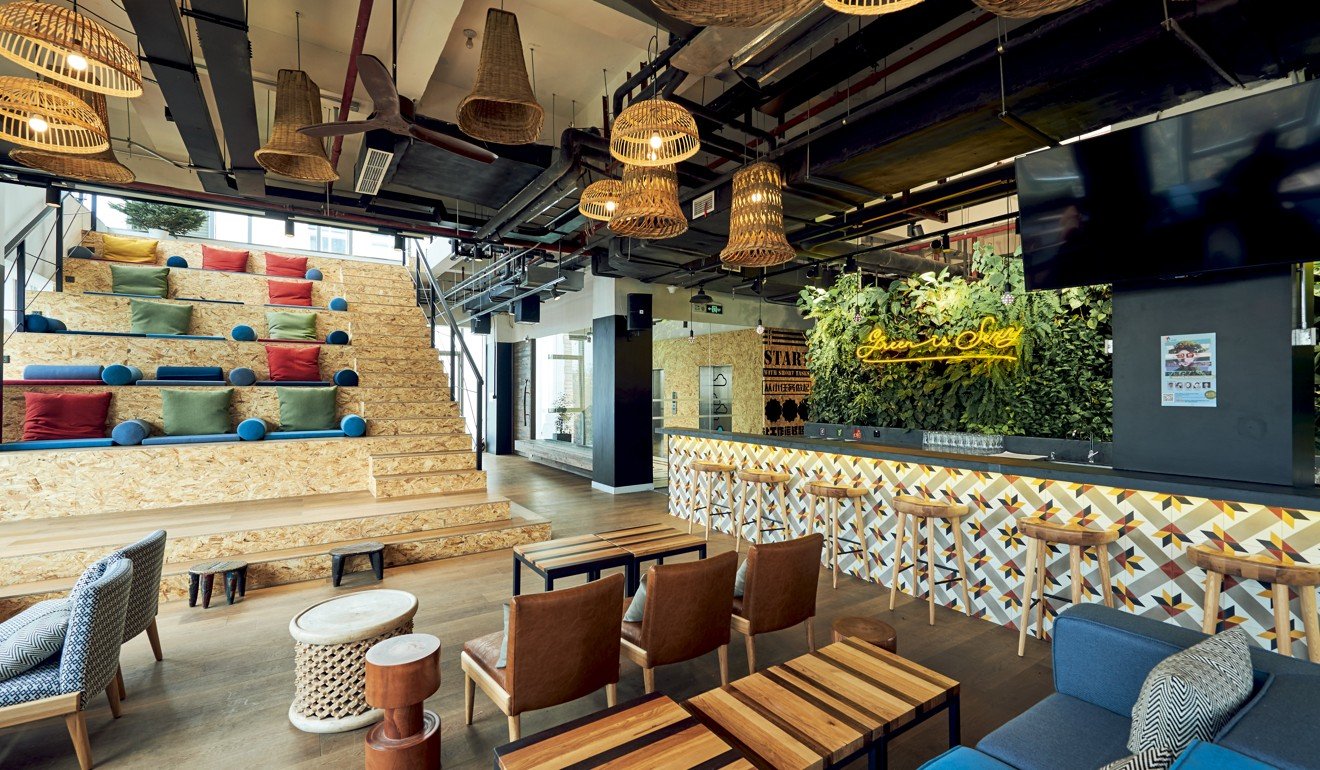
How tycoon Goodwin Gaw revived the fortunes of the iconic Hollywood Roosevelt

It hosted the very first Academy Awards in 1929. Shirley Temple tap-danced on its ornate tile stairway, and a married Clark Gable had his clandestine weekend dalliances with Clare Lombard between its sheets. Marilyn Monroe and Montgomery Clift were one-time inhabitants.
But by 1989, over six decades after it was built, the once-happening Hollywood Roosevelt Hotel was running a US$38 million debt.
Then, in 1995, Goodwin Gaw came along. He looked at the crinkled furniture, worn walls and chipped banisters and saw something that can’t be recreated with a new building: a soul.
The then-26-year-old, fresh out of Stanford University, bought it for less than US$10 million and spent another US$20 million revamping it. He also downgraded it.
“The hotel had good enough bones, but the previous owner made it more high-end than it could [sustain],” said Gaw, who later became the founder of Gaw Capital. “You have to tailor to your surroundings, adjust to the right demographics.”
Two decades and several makeovers later – including a US$35 million revamp by Canadian design company Yabu Pushelberg in 2015 – the hotel has regained its glitz, raking in over US$50 million in revenue, compared to US$8 million in 1995.

The eldest of three children, he grew up in a business family. His late father Anthony Gaw was founder of Pioneer Global Group, a listed company with its start in textile manufacturing in the early 1970s.
The company was an early investor in the Industrial & Commercial Bank of China. While Goodwin’s nose for business might have developed from years of dinner conversations, he said he and his two siblings, Kenneth and Christina, were never pressured into following their father’s footsteps.
Armed with a master’s degree in construction management, he founded Downtown Properties in 1996, a year after buying the Roosevelt.
In 1999, the siblings’ father Anthony passed away and their mother, Rosanna Wang Gaw, took over the reins of Pioneer Global Group. Goodwin and Christina retained their executive director roles, and Kenneth was promoted to managing director. The Gaws were estimated to have a net worth of US$1.5 billion by Forbes in 2015.
“My father was very old-fashioned. He didn’t tell you when he was pleased, but he would let you know if he wasn’t,” Goodwin said when asked if his father was happy with the work he’d done with the Hollywood Roosevelt. “So I guess he was okay with it.”
In the following decade, Downtown Properties made over 50 acquisitions in the States, including the historic Bradbury Building in Los Angeles.
In 2003, SARS hit the businessman’s home town. Arriving back in Hong Kong to find the property market in the doldrums, Goodwin snapped up properties in coveted locations such as 68 Yee Woo Street in the heart of Causeway Bay, where Gaw Capital’s Hong Kong office is currently located.
In 2005, Goodwin co-founded Gaw Capital with his brother Kenneth, and their sister Christina came on board in 2009. (The senior leadership also includes Humbert Pang, the private equity expert who was appointed managing principal in 2006.)
Since its inception, Gaw Capital has raised equity of US$7.5 billion, and commands assets of US$12 billion as of the third quarter of 2016.
Like many siblings, the Gaws often finish each other’s sentences. Goodwin appears the most visionary of the siblings, while Kenneth appears the most dextrous in pulling facts and stats off the top of his head, as he heads the Investment Committee.
Christina is a master at delegation, with the ability to articulate what different parties: employees, managers and limited partnerships’ need. In her role as head of capital markets, she also represents the voice of the client.

In Hong Kong, the Gaws are also partnering with Alan Lo and Yenn Wong to open up a food-oriented co-working space in Sham Shui Po, a decision that was the subject of some disagreement.
“We’d like to see if there is a more socially conscious way of revitalising the neighbourhood” in Sham Shui Po, he said.
While Goodwin’s move back to Hong Kong in 2003 planted the seeds of what Gaw Capital is today, few agreed with his decision at the time.
“Many of my friends said, ‘with the success you have with the Hollywood Roosevelt, why would you want to go back to China and start from scratch?” But for me, it’s about making impact.”
With this in mind, he bought Beijing’s Pacific Century Place for US$928 million from Richard Li Tzar-kai in 2014. The 169,900 sq-ft property is a stone’s throw away from Salitun, which Gaw Capital developed with Swire Properties.
“Everyone looked at it [Pacific Century Place] and said it was a white elephant. When I look at a white elephant, I see opportunity,” Goodwin said.
Upon completion, Pacific Century Place will house 13 individual office units that are connected via large floor plates and criss-crossing escalators.
The exterior walls have been torn down to make way for floor-to-ceiling windows, while ‘hanging’ conference rooms will anchor the atrium. The space was completely preleased before Gaw Capital even broke ground on the project, Goodwin said.
The company is moving fast to capitalise on its east-meets-west ethos, closing on US$1.3 billion for its fifth Greater China/Asia Pacific real estate fund.
Spurred by the rise of e-commerce, and subsequent rise in demand for warehouse spaces, Gaw expanded into logistics in 2014.
With an initial investment of US$300 million, the company is poised to create a second vehicle that would bring that number up to US$500-600 million.
The rise of China’s middle class is another opportunity for the Gaws: designer outlet malls.
Typically located an hour’s drive away from a city centre, Florentia Village outlets are built in a way that evokes the style of old Italian villages.
Four such malls have opened in Tianjin, Shanghai and Guangzhou and Hong Kong, with another two projected to open in Chengdu and Wuhan this year.
“They’re opened directly by the brands, and the distance ensures that whatever discounted goods they put there wouldn’t affect the sales in the city shops,” he said.
(These are the excerpts of an article that appeared in the June edition of The Peak magazine, available at selected book stores and by invitation.)